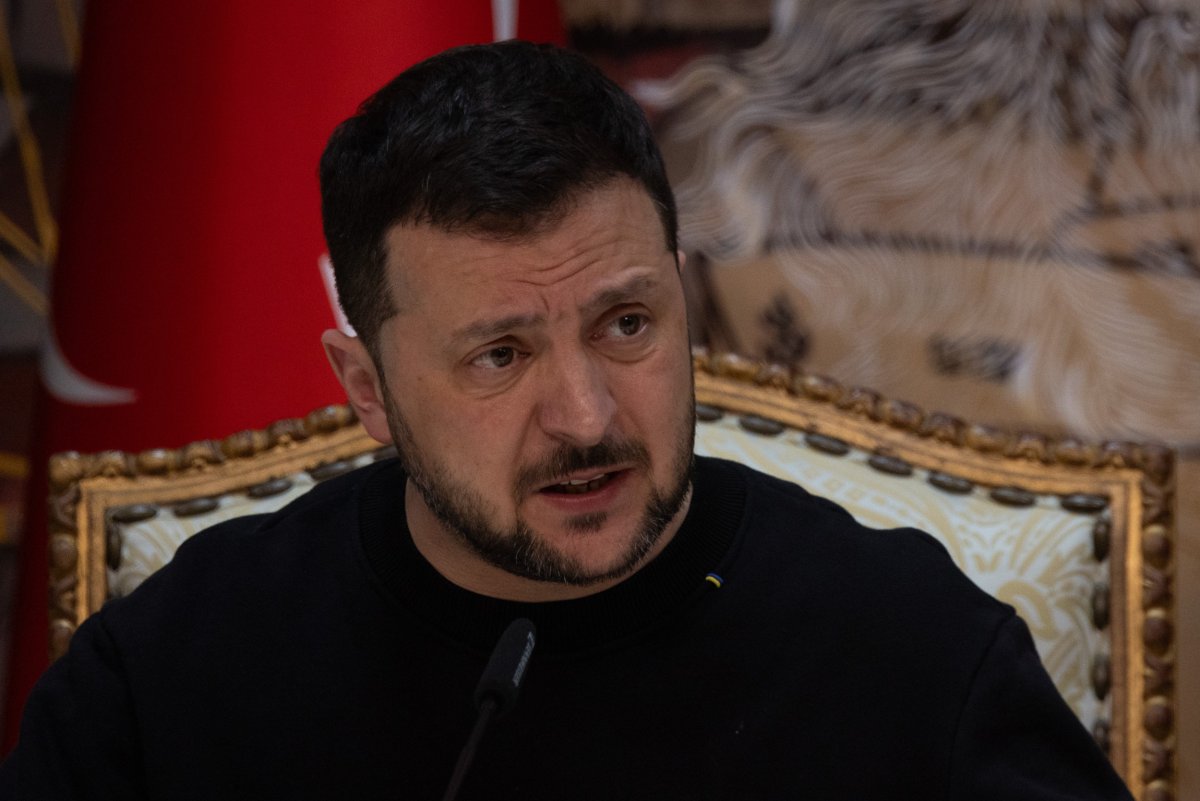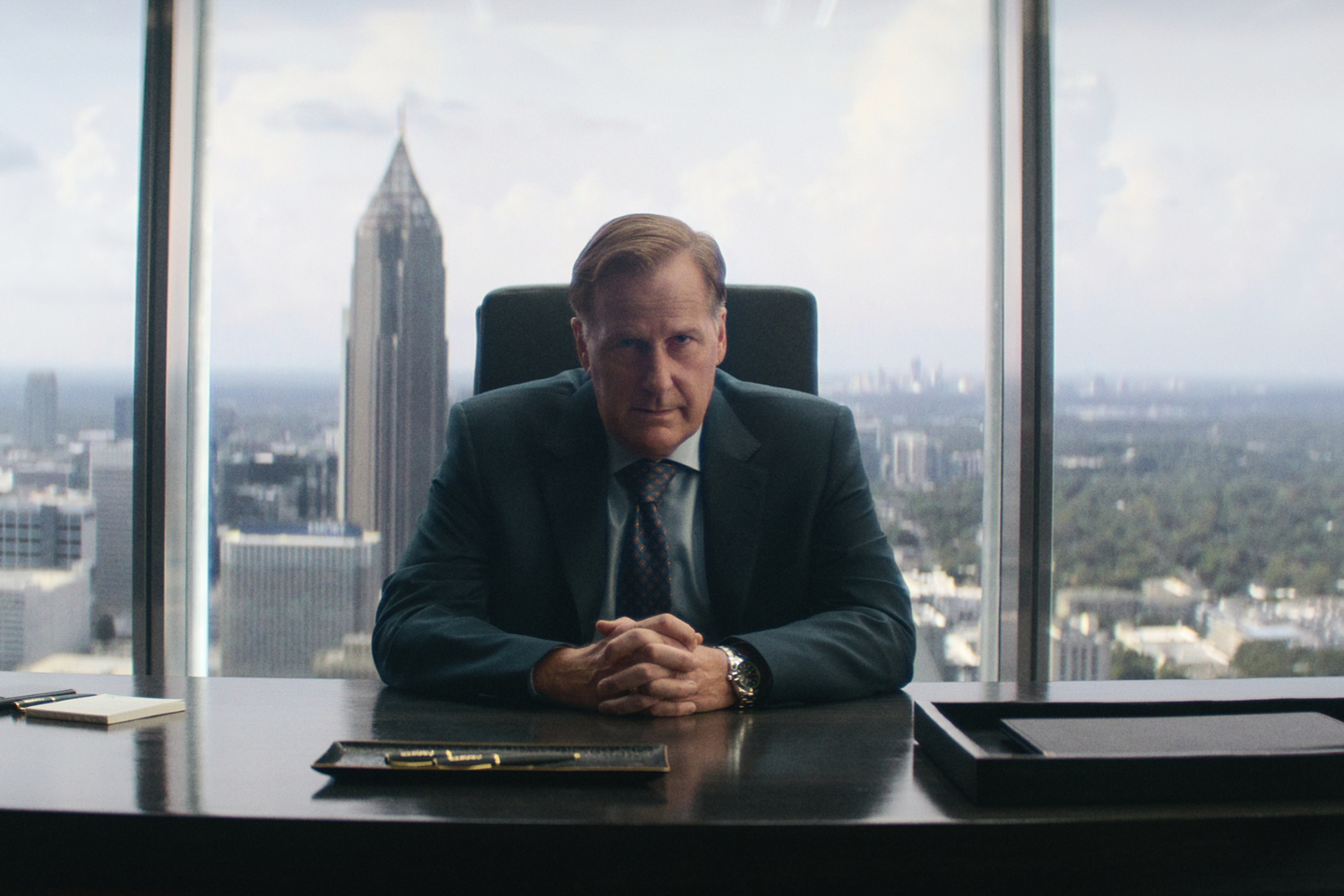Further U.S. military aid for Kyiv is needed to prevent Vladimir Putin's invasion of Ukraine turning into a "great war" war between Russia and the West, a Ukrainian government adviser has said.
Kyiv has repeatedly warned that delays in Western aid hand Putin a battlefield advantage, while Ukrainian President Volodymyr Zelensky told The Washington Post that the U.S. congressional hold up on a $60 billion military package has been costly.
Zelensky said in the interview that no U.S. support means Ukraine has no air defense, Patriot missiles or jammers for electronic warfare, which means Kyiv's forces will have to "retreat, step by step."
He added that "if Ukraine falls, Putin will divide the world" into Russia's friends and enemies.

Ukrainian internal affairs adviser Anton Gerashchenko shared the Zelensky interview on X, which he summarized and wrote: "It looks like the Great War is just beginning."
"The war will not be limited to the territory of Ukraine. It is already almost obvious that Western countries will join it, and Russia will have to fight on several fronts. Putin is not going to stop," Gerashchenko said.
He said that U.S. aid for Ukraine was a "matter of reputation" and noted comments by Taiwan's foreign minister Joseph Wu that a withdrawal of American support for Kyiv will allow China to portray the U.S. as an unreliable partner.
"Western countries can still stop this great war from coming," Gerashchenko said, however, "there is very little time left to change the course of history. Months."
It looks like the Great War is just beginning.
— Anton Gerashchenko (@Gerashchenko_en) March 30, 2024
The war will not be limited to the territory of Ukraine. It is already almost obvious that Western countries will join it, and Russia will have to fight on several fronts.
Putin is not going to stop.
Western countries can still… https://t.co/xq82NVm7rG
Leaders of NATO countries such as Poland and Denmark have predicted that Putin would attack the alliance within the next three to five years. The Institute for the Study of War think tank said economic and military indicators suggest Russia is looking for a war with the alliance "likely on a shorter timeline" than analysts had predicted.
However, amid Western concerns that Putin's ambitions extend beyond Ukraine, Lieutenant Admiral Rob Bauer, chair of the NATO Military Committee, said on Friday that while the alliance must be prepared for future escalation, "I don't think there is a direct threat."
Elsewhere in Zelensky's interview with the Post, the Ukrainian president confirmed Washington had expressed concerns about Kyiv's drone strikes on oil infrastructure in Russia, saying that "the reaction of the U.S. was not positive."
He argued that in lieu of having effective air defense, the only way Kyiv could curb Moscow's attacks on Ukrainian energy sites was to inflict similar damage on Russian facilities, which have impacted oil supplies for the war and for export.
"It's fair," he said, as he called for long-range ATACM-300 missiles which could strike targets in Russian-occupied Crimea, especially the airfields Moscow uses to launch planes carrying precision-guided missiles that have hit targets in Ukraine.
Uncommon Knowledge
Newsweek is committed to challenging conventional wisdom and finding connections in the search for common ground.
Newsweek is committed to challenging conventional wisdom and finding connections in the search for common ground.
About the writer
Brendan Cole is a Newsweek Senior News Reporter based in London, UK. His focus is Russia and Ukraine, in particular ... Read more
To read how Newsweek uses AI as a newsroom tool, Click here.








